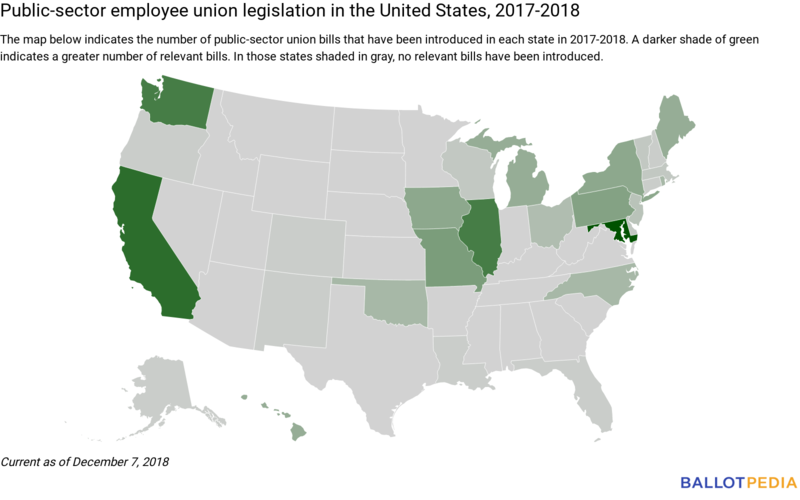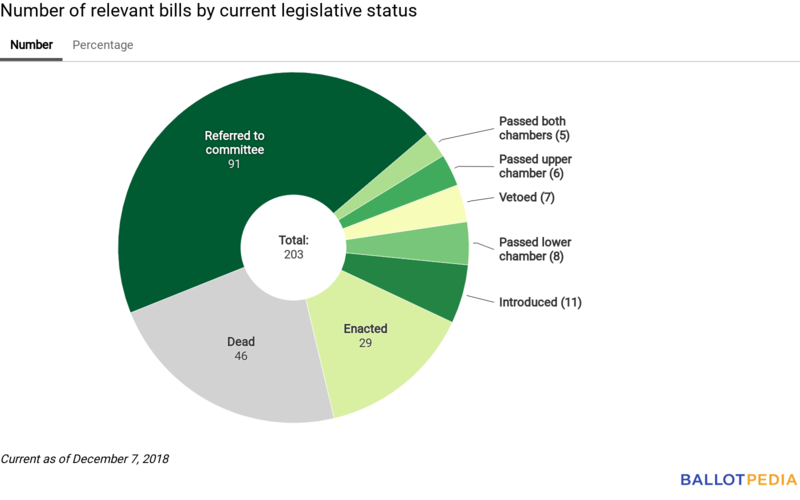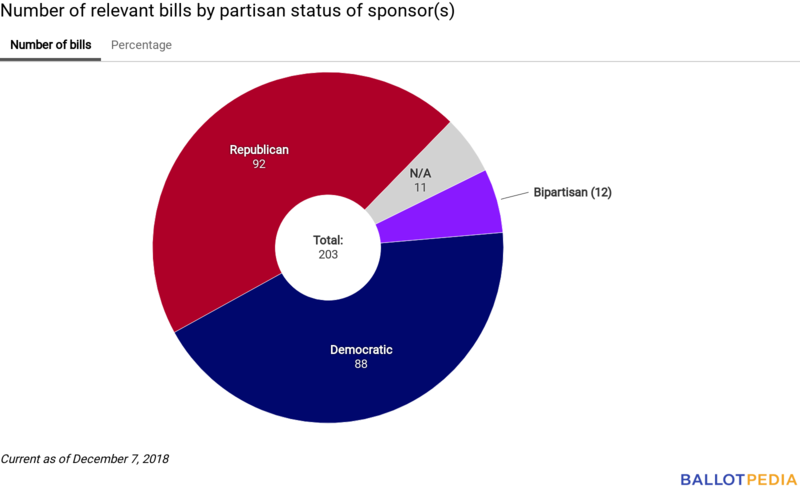Union Station: December 7, 2018
On June 27, the Supreme Court issued its 5-4 ruling in Janus v. American Federation of State, County, and Municipal Employees (Janus). The court ruled that public sector unions cannot require non-member employees to pay agency fees to cover the costs of non-political union activities. This week, we look at a case recently brought before the Supreme Court concerning mandatory bar membership for attorneys.
- On Dec. 3, 2018, the U.S. Supreme Court sent Fleck v. Wetch, a lawsuit challenging the constitutionality of mandatory bar membership, back to the Eighth Circuit Court of Appeals, directing it to reconsider its ruling in light of Janus. The Eighth Circuit had earlier upheld a North Dakota law establishing mandatory bar membership for practicing attorneys in the state. (Source: SCOTUSblog)
- Who are the parties to the suit? Arnold Fleck, a North Dakota attorney, filed the lawsuit in 2014. The Goldwater Institute has represented Fleck in court. The defendants -- Joe Wetch, Aubrey Fiebelkorn-Zuger, Tony Weiler, and Penny Miller -- are all current or former officials of the State Bar Association of North Dakota. (Source: ABA Journal)
- What is at issue? Fleck claims the North Dakota law compels him to subsidize, via membership dues, the speech activities of the bar association, violating his First Amendment associational rights. A U.S. District Court dismissed Fleck's challenge. The Eighth Circuit Court of Appeals affirmed that decision Aug. 17, 2017. Fleck appealed to the Supreme Court, prompting the court’s Dec. 3 order. (Source: SCOTUSblog)
- What are the parties to the suit saying?
- Jacob Huebert, an attorney for the Goldwater Institute who served on the legal team that represented the plaintiff in Janus, said, "This is an important first step towards extending Janus protections to attorneys. The same principles apply here that applied there: The government can't take people's money to pay for other people's political speech without asking first." (Source: Goldwater Institute)
- In a June 2018 court filing, attorneys for the defendants rejected that argument. "Nothing in this Court's recent public-union decisions calls into question its earlier cases upholding state laws requiring membership in and payment of dues to an integrated bar. In fact, the Court recently went out of its way to distinguish integrated-bar cases from public-union cases." (Source: Supreme Court of the United States)
The big picture
2019 session preview: In Jan. 2019, legislatures in 47 states will convene. For a complete list of session start and end dates by state, see this article.
Number of relevant bills by state
As of Dec. 7, we are tracking 203 pieces of legislation dealing with public-sector employee union policy. No new bills were tracked this week. On the map below, a darker shade of green indicates a greater number of relevant bills. Click here for a complete list of all the bills we're tracking.
Number of relevant bills by current legislative status
Number of relevant bills by partisan status of sponsor(s)
Recent legislative actions
Below is a complete list of legislative actions on relevant bills in the past week. Bills are listed in alphabetical order, first by state and then by bill number. Because some state bill tracking systems are not updated in real time, some actions may have occurred more than a week ago.
- Michigan HB6474: This bill would prohibit collective bargaining agreements that provide for paid time off for the conduct of union business.
- On Dec. 6, the House Committee on Education Reform reported the bill favorably Reform referred it to a second reading.
- Michigan SB0796: Similar to HB6474, this bill would prohibit collective bargaining agreements that provide for paid time off for the conduct of union business.
- On Dec. 6, the House Committee on Education Reform reported favorably on the measure and referred it to a second reading. The bill has already passed the state Senate.
See also
| |||||||||||||||||||||||





